Les stations d’épuration sont capables de produire de l’électricité, de la chaleur et même du carburant à partir des boues des eaux usées. En exploitant ce potentiel, elles deviennent productrices d’énergie. Weiterlesen
Schlagwortarchiv für: change
As EU climate policy tightens, its Green Deal increasingly shapes Swiss energy and emissions through shared infrastructure – long-standing hydropower integration, electricity lines and gas pipelines –, Emissions Trading Systems (ETS) linkage and EU-wide clean fuel and CO2 regulations. Weiterlesen




 Noch keine Bewertungen
Noch keine BewertungenExamen approfondi de l’AIE: Zoom sur la politique énergétique de la Turquie
En avril 2025, l’Agence Internationale de l’Énergie (AIE) a conduit une nouvelle revue approfondie (In-Depth Review) de la politique énergétique de la Turquie, à laquelle Frédéric Maurer, spécialiste en efficacité énergétique à l’Office fédérale de l’énergie (OFEN) a pu participer. Ce processus, conduit en collaboration avec les autorités turques, offre un instantané stratégique de la trajectoire énergétique d’un pays ayant l’ambition de devenir un hub énergétique régional et situé à la croisée des chemins entre l’Europe, l’Asie et le Moyen-Orient. Weiterlesen




 Noch keine Bewertungen
Noch keine BewertungenWhat are the best policy measures to decarbonise Switzerland? A stand-alone carbon tax? A combination of taxes, subsidies, bans and standards? The DECARB project explores these questions and shows the advantages of combining measures to reach climate neutrality.
Academics typically recommend the introduction of a carbon tax to shift the economy away from fossil fuels and mitigate climate change. However, this policy proposal usually faces strong opposition from industry and the public, even if the revenues are fully redistributed.
In the DECARB project, a team of researchers investigated whether the use of other measures such as subsidies, standards or bans could facilitate the decarbonisation of Switzerland to an extent compatible with its goal of climate neutrality by 2050. In particular, it looked at how combining these measures into „instrument mixes“ might be superior to using just one of them, including the carbon tax. Overall, its findings suggest that mixes offer significant potential to advance climate policy.
DECARB is a research project sponsored by the EES programme and coordinated by the École Polytechnique Fédérale de Lausanne (EPFL).
The project addresses the colossal challenge of decarbonising the Swiss energy system, including transport, residential buildings, and industry. Given that individual policy measures all have shortcomings, the project investigates how mixes of measures could enhance climate policy. Thanks to a pluri-disciplinary approach, DECARB identifies desirable mixes that would allow Switzerland to reach climate neutrality by 2050.
First, a review of the academic literature shows that there are several market failures, barriers to decarbonisation and policy constraints that justify the use of instrument mixes rather than a stand-alone carbon tax. While the desirable mixes differ across sectors, given the different target actors and technologies, some carbon tax is found to play a key role in all of them.
Second, using a mathematical model of the Swiss economy, the researchers show that the deep decarbonisation induced by the mixes has a negligible impact on gross domestic product (GDP), in the order of 1‰. When complementary instruments are included in the policy landscape, the carbon tax rate required to achieve an ambitious emissions target can be divided by about two. On the other hand, a stand-alone carbon tax allows for the highest rebate to households among the scenarios considered.
Third, using an online survey, the team provides evidence that Swiss citizens have a strong preference for instrument mixes rather than a stand-alone carbon tax. Language region, number and type of cars owned, and perceived threat of climate change are found to be important predictors of instrument preferences.
Full report: Cocker, F., Thalmann, P., Vielle, M., Vöhringer, F., Weber, S. (2024). DECARB – Mixes of policy instruments for full decarbonisation by 2050. Project funded by the Energy-Economy-Society (EES) research programme of the Swiss Federal Office of Energy (SFOE), Bern.
Authors: Fleance Cocker (EPFL), Philippe Thalmann (EPFL)
Shutterstock: ID: 2463945033; Doidam 10




 Noch keine Bewertungen
Noch keine BewertungenBenchmark : Miser toujours plus sur le renouvelable
Le septième benchmarking des entreprises d’approvisionnement en énergie (EAE) de SuisseEnergie a été publié cette semaine. Il permet de savoir où les entreprises se situent dans le domaine des énergies renouvelables et de l’efficacité énergétique. Les résultats sont positifs, la branche est en transition que cela soit au niveau de l’entreprise, mais aussi des clients qui consomment l’énergie. Pour cette édition, 111 EAE ont participé au benchmark. Energeiaplus a rencontré le responsable de cette étude, Denis Billat, spécialiste industrie et services à l’Office fédéral de l’énergie. Weiterlesen




 Noch keine Bewertungen
Noch keine BewertungenLa Suisse a participé dernièrement à l’exercice de crise PENTEX’24 dans le cadre du Forum Pentalatéral de l’Energie. Cet exercice à l’échelle régionale a mobilisé les acteurs clés du secteur énergétique des sept pays membres (Belgique, Allemagne, France, Luxembourg, Pays-Bas, Suisse et Autriche) du Penta visant à renforcer la coopération et la coordination régionales en cas de crise énergétique. De telles collaborations sont essentielles car elles mettent en lumière la préparation et la résilience nécessaires pour faire face aux risques liés à l’approvisionnement en énergie ayant des impacts transfrontaliers. Weiterlesen




 Noch keine Bewertungen
Noch keine BewertungenAméliorer l’efficacité énergétique grâce l’analyse Pinch
Les entreprises qui consomment le plus d’énergie en Suisse ont souvent un important potentiel d’économie d’énergie. Afin de la soutenir dans l’optimisation de ses économies, SuisseEnergie propose des analyses Pinch. Celles-ci permettent de cibler les mesures adaptées à chaque entreprise. Un nouveau rapport montre que les mesures mises en œuvre par 220 entreprises ont permis en moyenne d’atteindre 20% d’économies d’énergie thermique. Weiterlesen




 Noch keine Bewertungen
Noch keine BewertungenLes maisons perdent beaucoup d’énergie par la façade, le toit et le plafond de la cave. Selon une étude, plus de 17 TWh pourraient être économisés d’ici 2050 grâce aux rénovations énergétiques. Questions et réponses sur les stratégies adéquates. Weiterlesen




 Noch keine Bewertungen
Noch keine BewertungenA Genève, installer des compteurs intelligents à l’échelle d’un canton
Dans le canton de Genève, le fournisseur d’énergie est le même pour tout le monde: les Services Industriels de Genève (SIG). Depuis novembre dernier, l’entreprise qui désert environ 260’000 clients, a lancé son opération d’échange des anciens compteurs électriques pour passer aux modèles intelligents plus communément connus sous le nom Smart Meter. Weiterlesen




 Noch keine Bewertungen
Noch keine BewertungenSWISS-JAPAN ENERGY DAYS 2024: COLLABORATION ON BREAKTHROUGH INNOVATIONS FOR FUTURE SUSTAINABLE ENERGY
The Swiss-Japan Energy Days 2024 conference, scheduled for September 10-11, 2024, at ETH Zürich and Swissnex in Japan, is set to address the pressing challenges in the energy sectors of both countries. Dr. Felix Moesner, Swiss Consul & CEO of Swissnex in Japan, discusses the importance of this event and its anticipated impact. Weiterlesen




 Noch keine Bewertungen
Noch keine BewertungenKontakt
Bundesamt für Energie
Pulverstrasse 13
3063 Ittigen
Postadresse:
Bundesamt für Energie
3003 Bern
Telefonnummern:
Hauszentrale +41 58 462 56 11
Pressestelle +41 58 460 81 52
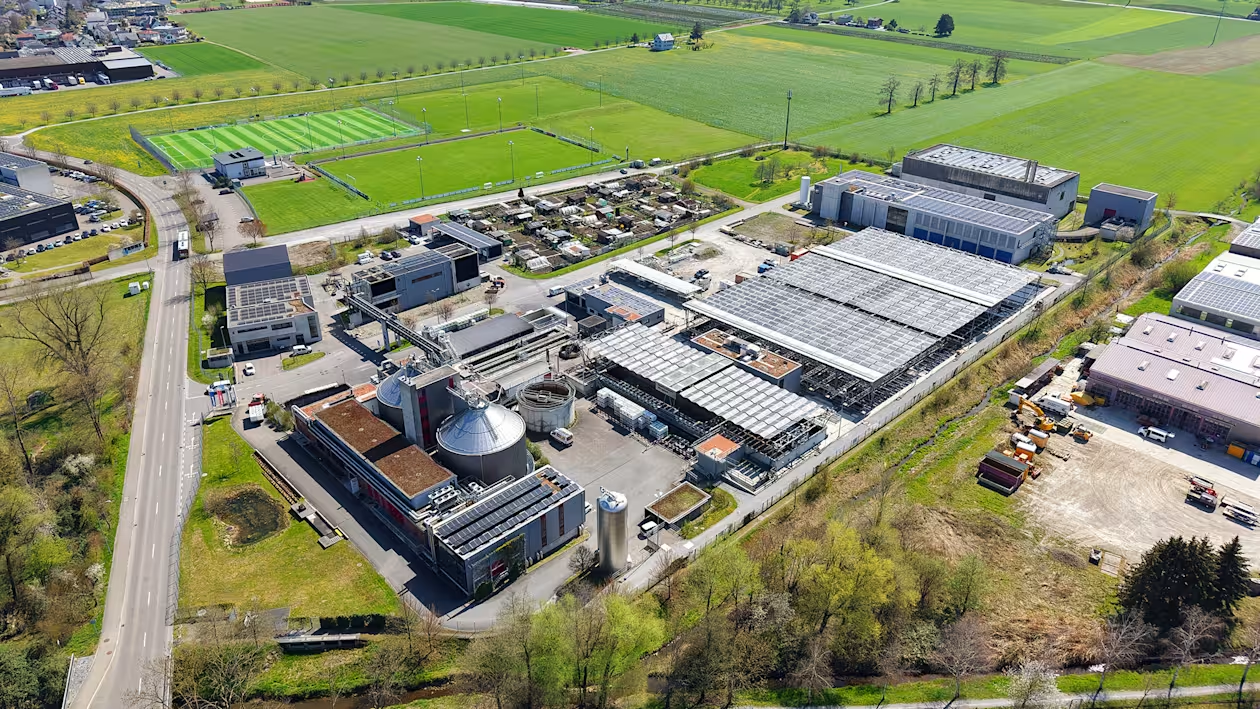 SuisseEnergie
SuisseEnergie Shutterstock
Shutterstock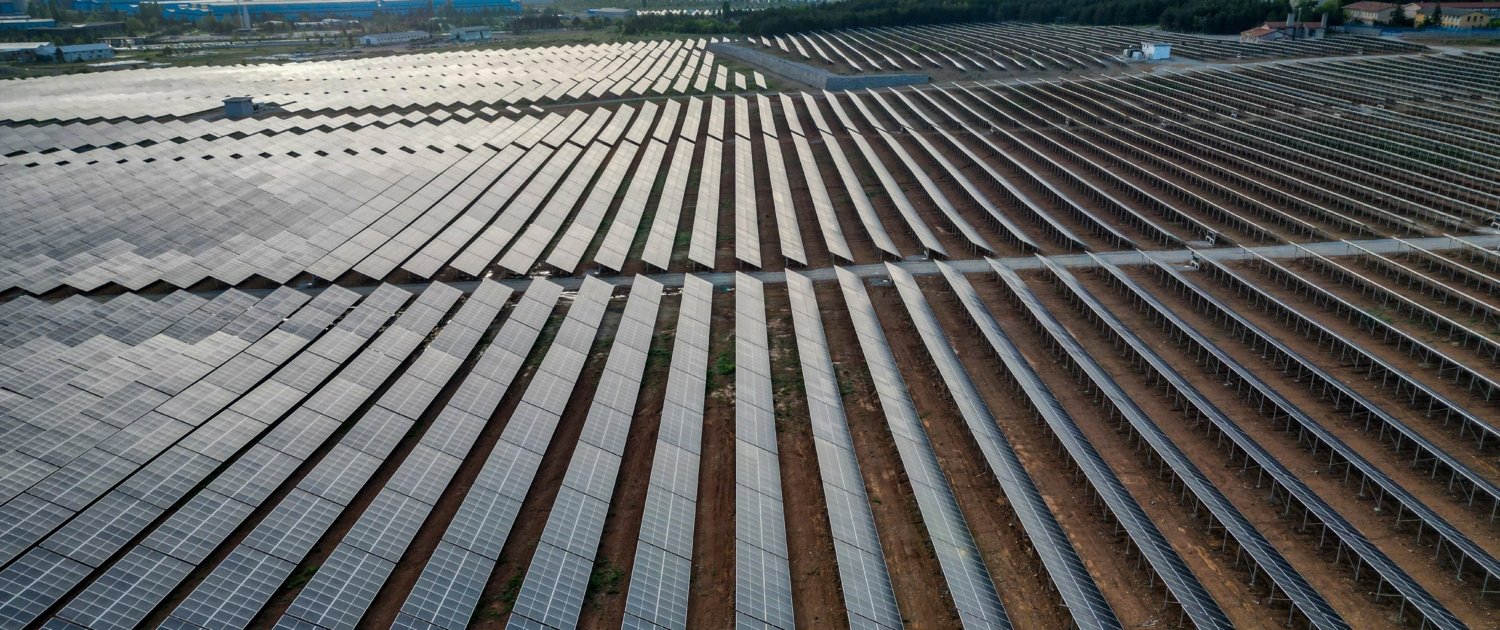 Shutterstock
Shutterstock shutterstock
shutterstock Shutterstock
Shutterstock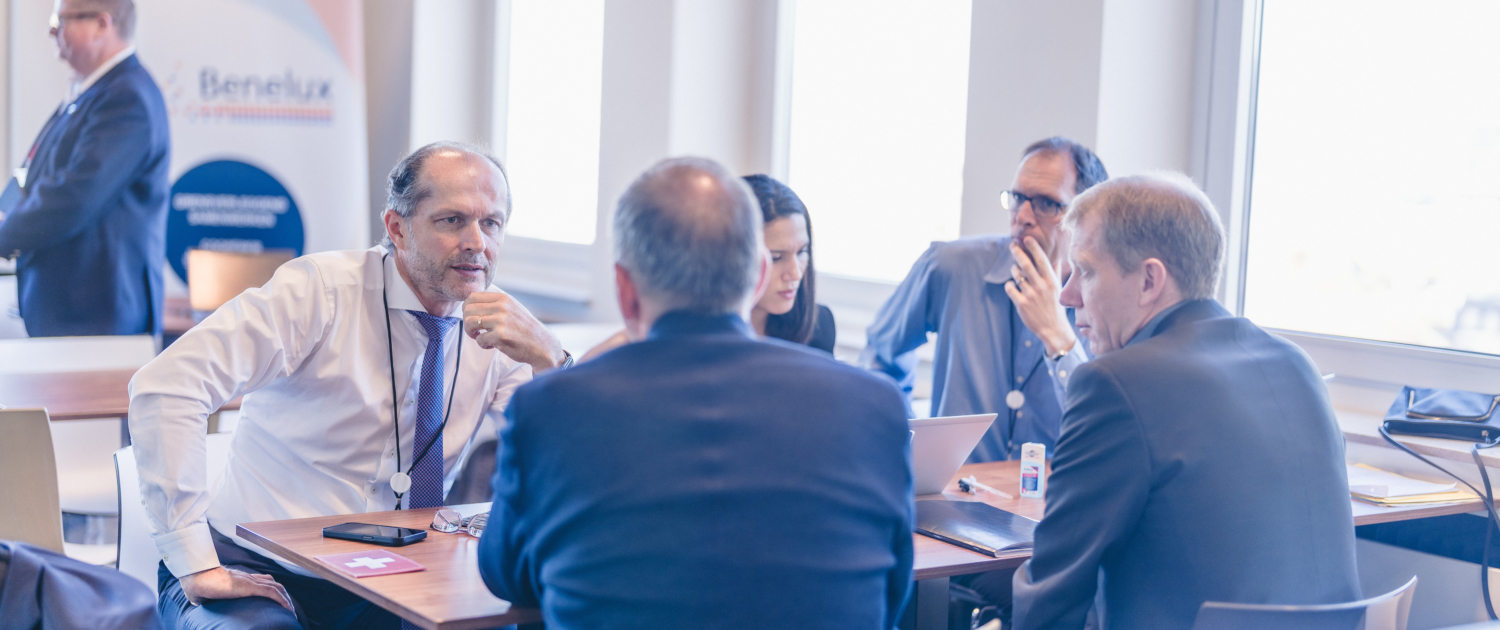 ©Benelux
©Benelux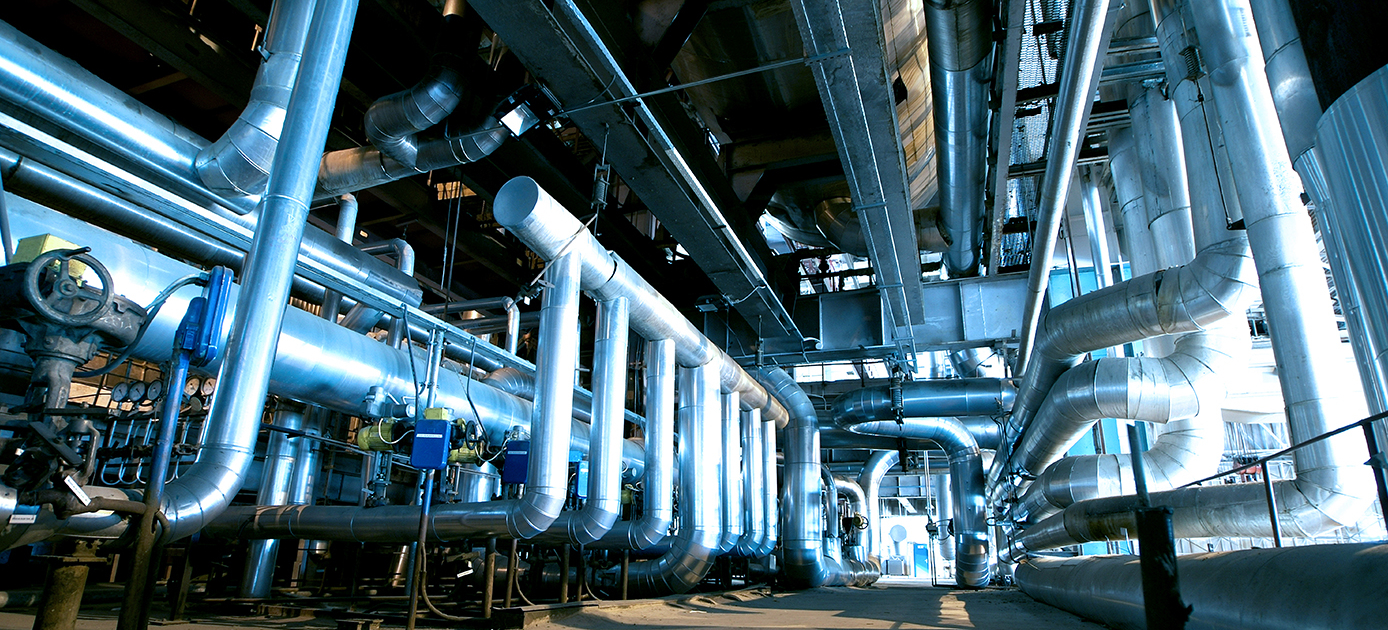 Shutterstock
Shutterstock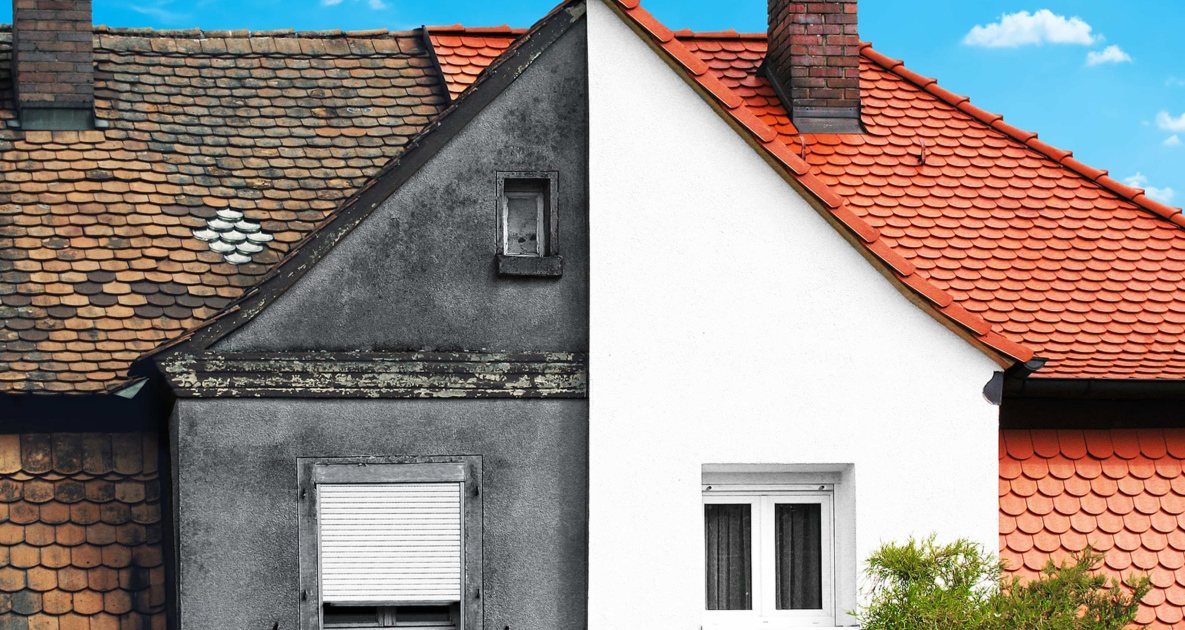 Shutterstock
Shutterstock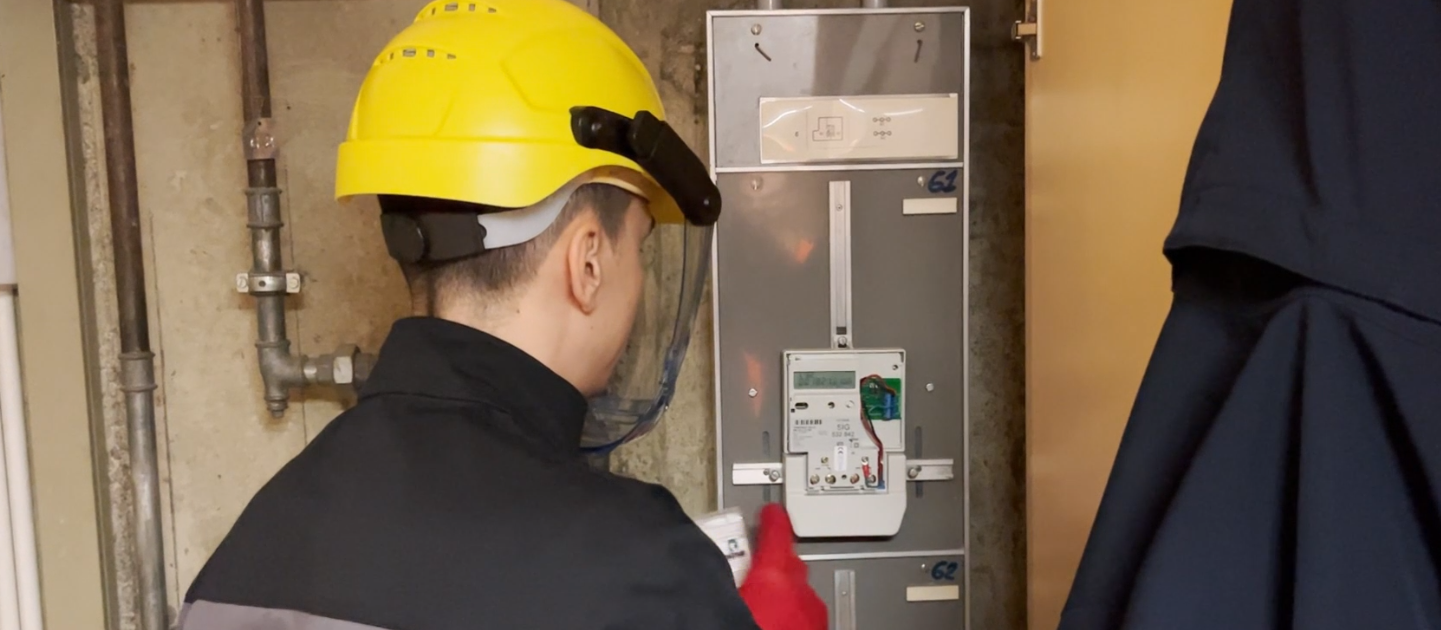 ©BFE
©BFE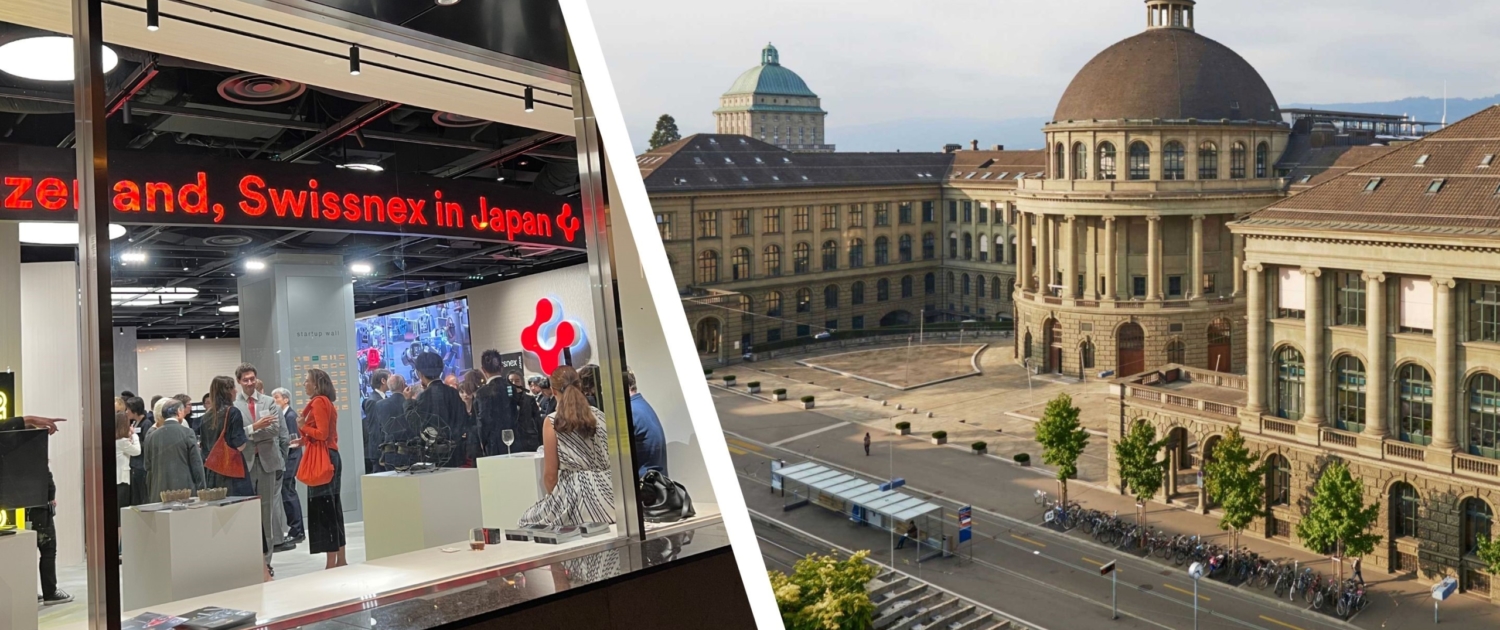 ©Swissnex Japan
©Swissnex Japan